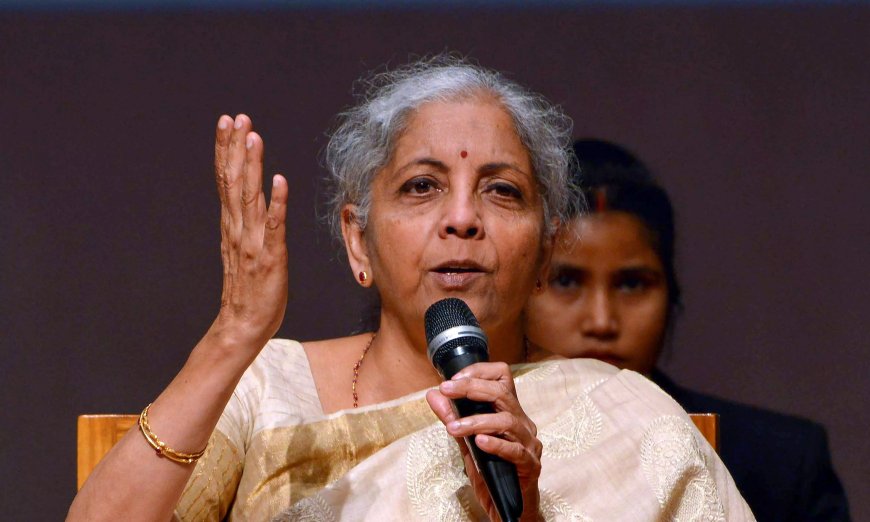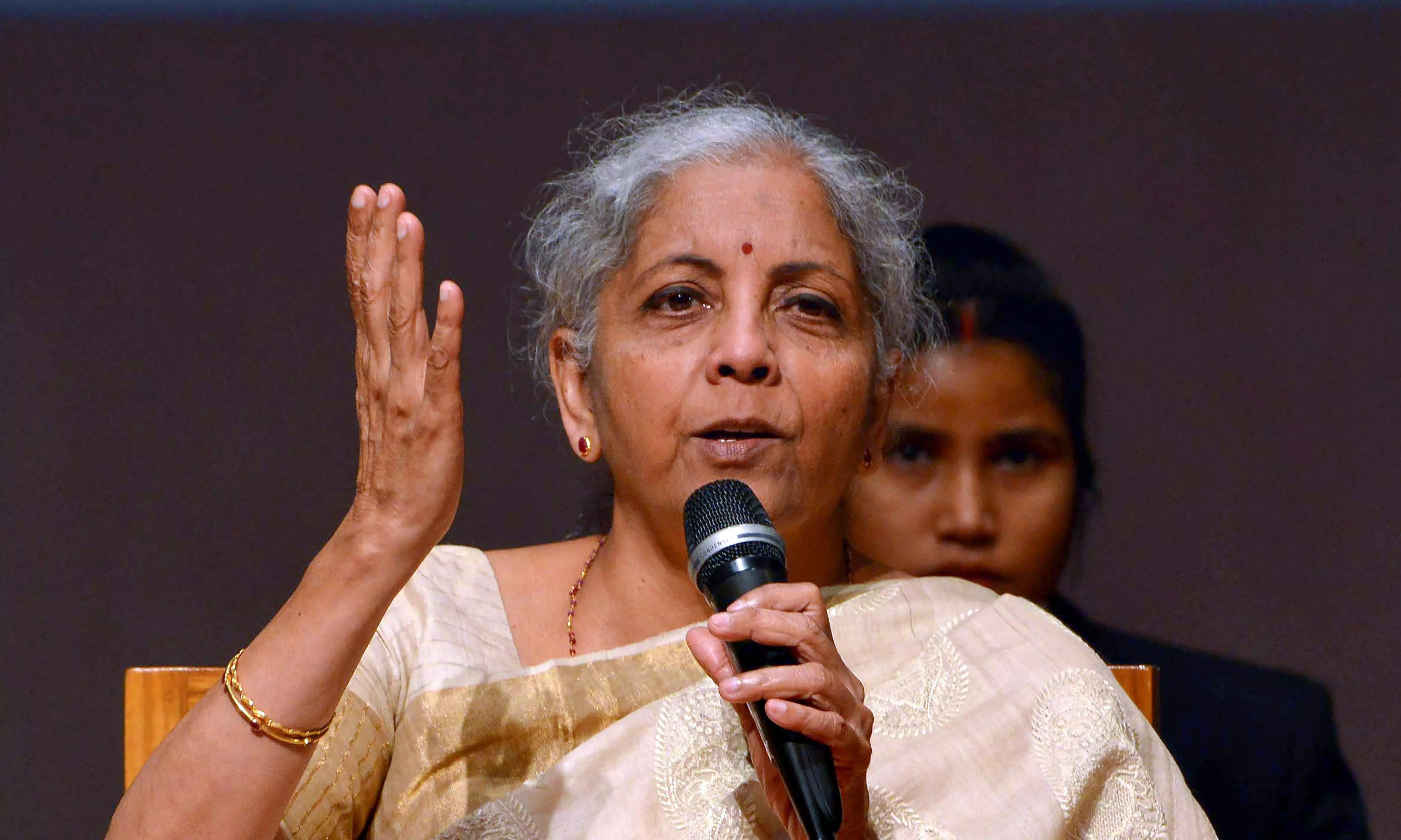Union Budget 2025–26: Finance Ministry to Be Flexible in Fiscal Policy
Prime Minister Narendra Modi will meet eminent economists and sectoral experts on Tuesday to elicit their views and suggestions for the upcoming Budget, a senior government official said.


�New Delhi:�Ahead of the new Union Budget for 2025-26, the finance ministry has emphasised adopting a fair degree of flexibility in conducting its fiscal policy, but it also cautioned about the risk to growth, keeping in mind the prevailing uncertainty in the global economy. The ministry has indicated that the fiscal deficit for fiscal year 2025-26 (FY26) is likely to be lower than 4.5 per cent.
Since the presentation of the Union Budget for FY 2024-25 (regular) in July 2024 after the Lok Sabha election, the government is of view that global headwinds and associated risks are yet to abate. The regular budget presented in July did not provide rolling targets under the medium term fiscal policy statement (MTFPS) and the fiscal policy strategy statement (FPSS).
“This is because the continuing unprecedented global uncertainty impedes the ability to make reasonable assumptions/projections on receipts/expenditure over the short/medium term. The global situation has become even gloomier due to further escalation of conflict among a set of countries,” the ministry said in a statement on the half-yearly review of the trends in receipts and expenditure in relation to the Budget at the end of the first half (April-September) of the financial year 2024-25 (FY25).
Further, the ministry said that given the prevailing global economic and security environment, it is necessary for the government to retain a fair degree of flexibility in conducting its fiscal policy so as to respond to any fallout from adverse global events. The government’s commitment to pursue the glide path of fiscal consolidation announced in the FY22 Budget “to attain a level of fiscal deficit lower than 4.5 per cent of GDP by FY26. The thrust will be on improving the quality of public spending and strengthening the social security net for the poor and needy,” it said.
With the government’s commitment, economists and analysts have a different say on fiscal deficit. They anticipate the fiscal deficit may mildly trail the FY2025 RBE of Rs 16.1 lakh crore or 4.9 per cent of GDP. “The modest net cash outgo under the first supplementary demand for grants is likely to be offset by expenditure savings in other departments/ministries and is unlikely to pose a risk to the fiscal deficit. Consequently, we expect the fiscal deficit to mildly trail the FY2025 RBE of Rs 16.1 trillion or 4.9 per cent of GDP,” said Aditi Nayar, chief economist, ICRA Ltd.
“On the expenditure side, ICRA anticipates that the government’s capex target of Rs 11.1 trillion for FY2025 will be missed by a margin of at least Rs 1.0 trillion, which would offset any shortfall in disinvestment and taxes. Gross tax collections have grown by a healthy 10.8 per cent during April-October 2024, aided by a 20 per cent expansion in income tax collections. However, ICRA believes that income tax collections may surpass the FY2025 RBE of Rs 11.5 trillion, unless large refunds are released in the latter part of the fiscal, even as corporation tax inflows may print in line or slightly lower than the target,” Nayar added.
However, the ministry highlighted the mid-year benchmarks, showing that the fiscal deficit in the April-September period of FY25 is the lowest in five years, as it has come down from 114.8 per cent of the budget estimates in FY21 to 29.4 per cent in the current fiscal. “The fiscal deficit in FY25 was estimated at Rs 16.13 lakh crore, or about 4.9 per cent of GDP. In H1 of FY 2024-25, the fiscal deficit is estimated at Rs 4.75 lakh crore, which is less than one-third of the BE,” it said.






































